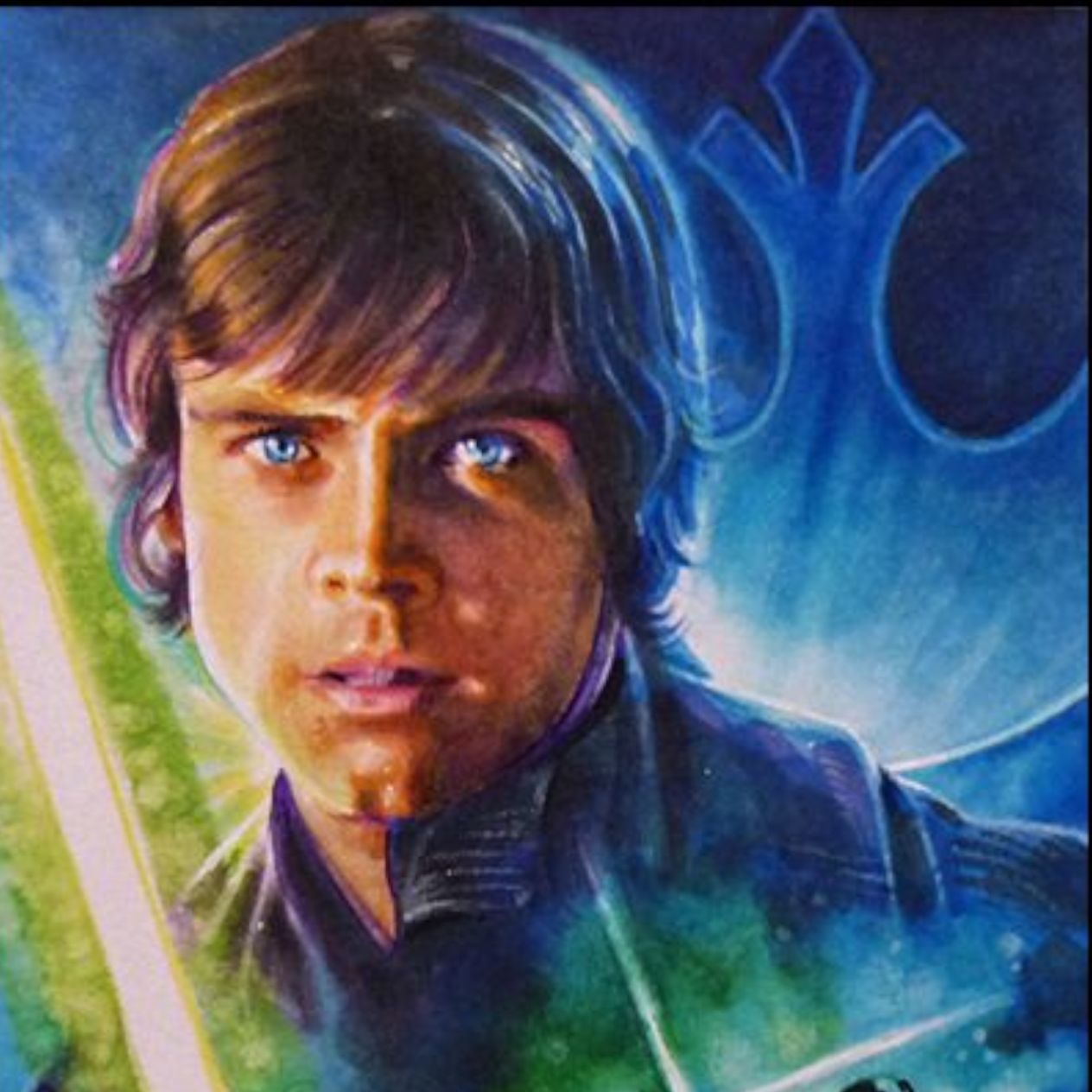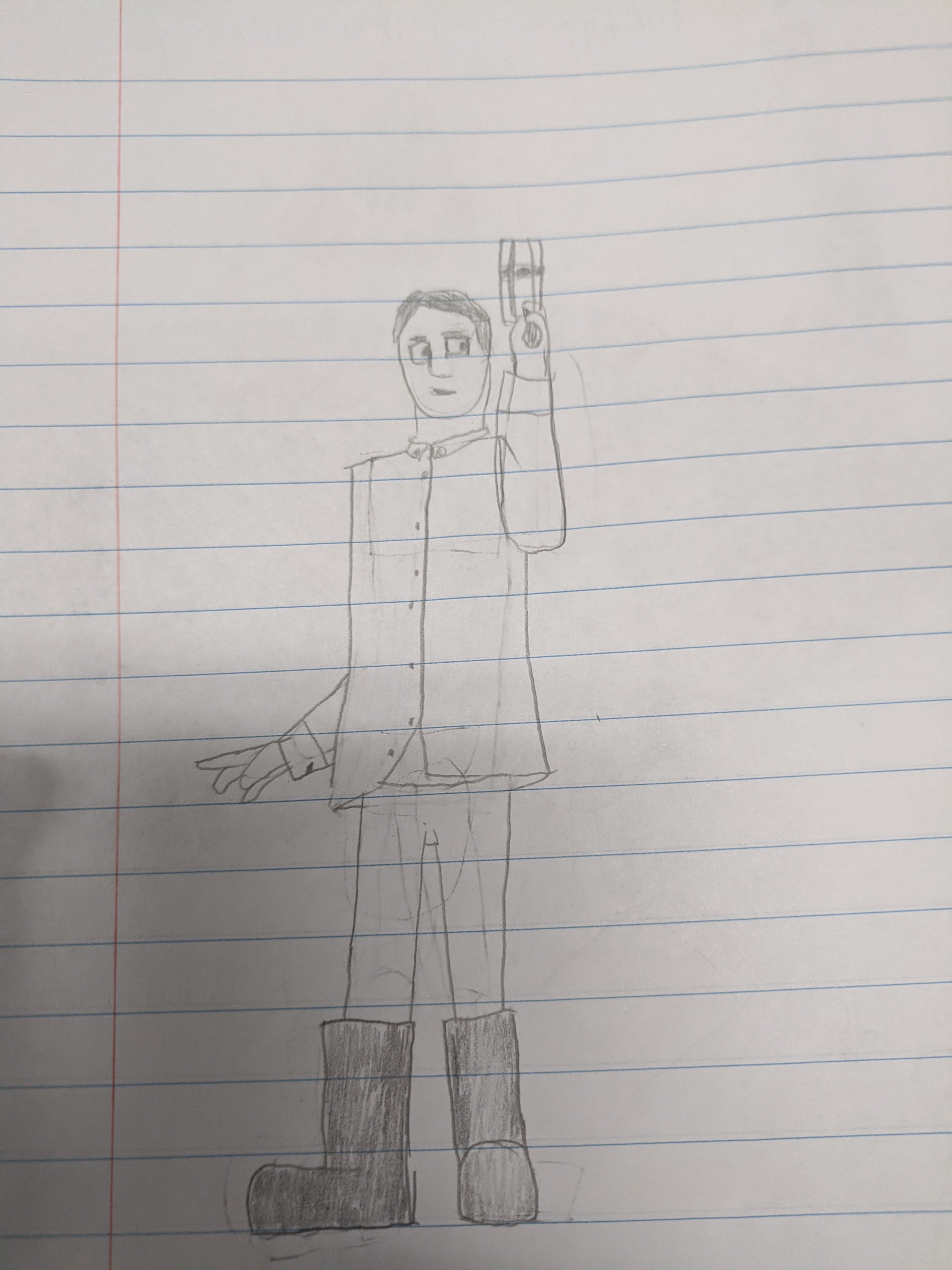From a long term perspective, what did he gain from all of the oppression and over centralization of power other than fostering rebellion and instability? Once he was chancellor he could have dialed back the overt machinations continued to exist in the shadows to weaken the Jedi and grow his own power.
Hell, he could have become a sympathetic father figure to the Republic after Order 66 had he just remained as Supreme Chancellor, or even put himself in a position where he could step back and install a puppet successor and maintain the illusion of democracy while controlling the levers of government. Why create an unstable power base for himself when it seemed like he was mainly interested in doing SIth magic stuff in seclusion? Was he just bored?
You should look up the Grysk on Wookieepedia and learn about the Unknown Regions. It’s a fascinating take that would actually have made Palpatine the good guy, and it’s possible Ahsoka or the sequel trilogy was supposed to do this or is doing this.
Basically there are warmongering races a lot bigger than Star Wars beyond the edge of the known galaxy and they will invade, it’s not an if, its a when. Palpatine can see the future and knew it was coming, but nobody would believe him.
So he chose to unite the galaxy, amass an army, and create super weapons so when the time came, he would be able to defend the galaxy against the Grysk invaders. This even extends to his secret fleet at Exegol - he would not leave the galaxy undefended even if he died.
What’s even more interesting is both Captain Phasma and Thrawn are canonically from the Unknown Regions(Thrawn is Chiss, Phasma is Parnassian) so Palpatine may have even been trying to unite other races against the Grysk and asking them to fight alongside him.
If this is all true, and I believe it was the original book sequels or something, then Palpatine would have been more of an Antihero, and the Rebellion would have freed the galaxy, but doomed it to annihilation from the Grysk.
I’ve always hated the story lines that turn authoritarian genocidal megalomaniacs into the good guys and I have a hard time understanding how so many people are not off put by that.
I may be saying this as a guy who stopped being a Star wars fan after the rise of emperor Micky but it seems like all of the empires actually good theorys seem to always quote post Disney Star wars content because I remember there being rampant slavery human superiority I could probably pull a Disney is trying to make the empire good conspiracy but because I haven’t been playing attention to star wars outside of prequel memes I understand I don’t know shit anymore
It’s more interesting when a layer of complexity and moral ambiguity is added to the motivation of the antagonists instead of a simplistic “these guys are the bad guys because… Well they are evil and that’s just how evil people are.”
It’s a situation that makes you think. If that threat was there and Palpatine did what he did to oppose that threat, how does that affect his moral standing? Does the end justify his means? Were there better ways to go about it? What if he did a Dr Strange and looked at hundreds of thousands of possible timelines and all of the other options failed but creating the Empire is the only way to stop it, but he just got unlucky and this was the timeline where the rebels managed to escape Vader’s grasp with the Death Star plans and his plan fails? If his intentions did affect his moral standing, does his failure cancel that out, since all of the suffering the empire caused ended up being for nothing?
Well he didn’t do a doctor strange. I don’t think it’s more interesting. I think it panders to the portion of the audience that quietly likes those negative traits and probably preps a lot of less than critically thinking readers to be more receptive to those traits. It also doesn’t fit the thematic style of stars which pretty clearly settles into clean camps of good and bad. The emperor served the function of embodying everything that was clearly bad. He was deceitful, sadistic, authoritarian, genocidal, xenophobic, vengeful, and probably much more but I think you get the point. He didn’t serve as a complex character, he served as one of the extremes of the moral landscape that the actual characters navigated. At arguably the highest climax of the story Vader is only redeemed because he rejects the symbol of evil. Adding a secret motive that makes excuses for his blood soaked accumulation of power mucks up the story framing and didn’t even come close to accounting for the vast array of just plain evil traits he exhibits. He didn’t cackle gleefully while making a father and son fight to the death because it was a grim but necessary step to protect the galaxy, he did it because he is the personification of evil in the story.
I do think that there is a place for complex villains. They are generally much more interesting but they also require a skilled writer and importantly an audience that can understand that, complexity aside, they are still the villain. We can look at the alarming percent of the Breaking Bad/Rick and Morty/Punisher fan bases that don’t get that to see the perils of that type of story telling reaching the wrong people. The emperor was not one of those complex characters and trying to retcon that in was at best clumsy and foolish.
So the Grysk are the Disney version of the Yuuzhan-Vong?
Essentially
Isn’t this basically the plot of fable 3?
I thought so as well
Whoa that is interesting, that’s for sharing, I never heard about any of that
Honestly, that comes down to philosophy. The Sith are about domination. You gain power through fear and anger. They don’t understand anything else. So they rule based on their philosophy. Also, in Lucas’ vision, creating the Empire was to spread fear through the populace. That fear would reinforce the Dark Side and make the Sith stronger. Every time you have some person get angry and kill another person, or a family scared for their lives, it adds to the Dark Side’s power. It’s a metaphysical reinforcement of Sith ideas that make it impossible for Luke to really stand up to Palpatine. But the Jedi way is not to fight using power, but to embrace others as they are. When Luke accepts his father and himself as they are, he becomes a full Jedi and his father sees what he thought was impossible: that getting angry and accessing the Dark Side is NOT a permanent pathway to doom. You can CHANGE YOUR PATH and try to atone for your sins. Being a Jedi is about the idea that NOTHING is absolute. This is why Obi-wan and Yoda fail and Luke succeeds, he is the only person to try to change and improve and not see the Dark Side as a permanent hell but something to be overcome. (This also makes the Luke we see in TLJ nearly impossible to support, he’s undone learning that cost him nearly everything to earn in such a silly way, it’s practically unbelievable.)
I would like to see a “dear leader” type of Sith someday even though it goes against that philosophy. I’m a sucker for sci-fi dystopias so I’d like to see more stories like Andor; only a step further, where it feels like most of the galaxy is in support of the Empire(or whatever faction is in power) and you have a “evil corpo” kind of Sith in control. Thrawn is probably the closest you can get but I’d like a character who can tap into the Sith/force lore as well.



